In 1958, Sadhana Weekly launched its Kumar special edition for young adults. The maiden edition featured a story called Ahmed. The story ends when school dropout Ahmed, fed up with taunts from schoolboys, stops running away from them and hurls a stone at them. It was a stunning climax. Every reader felt the stone was directed at him or her. The author was Hamid Dalwai, aged 25. For the next twenty years, he and his mission were closely entwined with Sadhana.
Dalwai lived a short life of 45 years, 25 of which were in public life. Those were further divided into two halves- as a writer of fiction in the first half, and an ideologue and Muslim reformist in the second.
The year 1966 came as a turning point in his life. Four important things happened that year. He came into the limelight, first as the writer of Indhan (in English Fuel, translated by Dileep Chitre), the controversial and celebrated novel. Secondly, he staged a historic march by seven Muslim women, to the state assembly in Mumbai. All were victims of triple talaq or verbal divorce. Thirdly, he quit his job as a sub-editor with daily Maratha, And fourthly, he received a fellowship from the Korgaonkar Trust of Kolhapur, to tour the nation. The ten years after that were marked by the whirlwind that was Dalwai.
There is little that he did not attempt or achieve in that decade. He wrote fundamental and thought-provoking articles on progressive thought. He delivered hundreds of powerful public speeches. He engaged high intellectuals in debate and gave resounding replies to religious orthodoxy. He held several conferences, workshops, and staged many a march and agitation. He traversed the length and breadth of Maharashtra and toured the country, with dreams to take his mission to the world. In 1976, the year that celebrated 200 years of the American Declaration of Independence, Dalwai toured Europe and America. He passed away in the very next year. The whirlwind subsided all too early.
 Dalwai's reformist thought, his stand, and the battles that he waged on the ground are unsurpassed. He has no parallel in Indian history and it would be difficult to find one abroad.
Dalwai's reformist thought, his stand, and the battles that he waged on the ground are unsurpassed. He has no parallel in Indian history and it would be difficult to find one abroad.
What was he all about? Indigenous reforms within Islamic society were at the centre of it all. His target was Muslim fundamentalism. But in essence, it was a battle against exploitation and injustice. It was a battle for equality and humanity. It was a struggle for a united, secular, and modern nation.
This great leader founded the Muslim Satyashodhak Mandal (a Muslim truthseekers' association) on March 22, 1970. The venue was Sadhana's Antarbharati hall. He enjoyed a lifetime of just seven years since then. But in the preceding decade, he had put in such a strong foundation. His followers very resourcefully continued to build on it for ten more years thereafter.
But the year 1986 took the wind out of Muslim reformism. The Supreme Court granted alimony to Shah Bano but premier Rajiv Gandhi enacted a constitutional amendment to reverse the decision. This appeasement rocked the nation and gave a dramatic turn to the political discourse.
Much has been written about its ramifications and aftermath. But while it shook many organisations and institutions, it proved to be a bowler punch for Muslim Satyashodhak Mandal. Disheartened, its workers scattered away, the Mandal lost its voice, its sympathisers were depressed. For the next 30 years, the Mandal has continued to pluck away at its mission, but minus the whirlwind.
This Sunday marks the golden jubilee anniversary of the Mandal. Obviously, many of Dalwai's co-workers and supporters have either departed or are on their final laps. Some have abandoned the reformist fold. But those that persist with the Mandal and the Mandal's well-wishers, independently and unitedly keep the flag flying.
A fundamental lack of resources and funds poses limits to what they can achieve. But that is nothing as compared to the obstacles they face in every direction. This feeling of being hamstrung is so painful, it could turn them away from the social sector. This is one reason they find it difficult to find young recruits among their ranks. What then are these obstacles that they face?
Obviously, the first blockade is from the religious orthodoxy that prevents the Muslim Satyashodhaks from communicating with their own fraternity. The orthodoxy spreads the false propaganda that Satyashodhaks are opposed to the faith and existence of God.
Clinging to its dogma, the orthodoxy often maligns Muslim Satyashodhak Mandal, sometimes out of malice and sometimes out of ignorance. On the one hand, those bent on protecting their vested interests and hanging on to their social privileges by exploiting the poor, criticize the reformers. On the other hand, poor and illiterate masses bound by the shackles of ignorance and religious fervour, see the reformers as blasphemists and enemies. Forget support, the Muslim Satyashodhaks face bitter opposition from many sections within the community.
 Another direction from where the Muslim Satyashodhak's feel blocked is the Hindu majority. Essentially, most Hindus harbour some feeling or another of anger, hatred, or disconnect from Muslims. For some Hindus, its the baggage of history and for some childhood indoctrination. In other cases, the rampant hate propaganda takes its toll. In yet other cases, people misinterpret their individual experiences. Some Hindus feel the distance because they have never (or less) experienced the socio-cultural integration with Muslims. As a result, the average Hindu, the religious Hindu, the Hindu supremacists (Hindutva supporters), as well as Hindu fundamentalists, all look at the Muslim Satyashodhaks as "Muslims after all".
Another direction from where the Muslim Satyashodhak's feel blocked is the Hindu majority. Essentially, most Hindus harbour some feeling or another of anger, hatred, or disconnect from Muslims. For some Hindus, its the baggage of history and for some childhood indoctrination. In other cases, the rampant hate propaganda takes its toll. In yet other cases, people misinterpret their individual experiences. Some Hindus feel the distance because they have never (or less) experienced the socio-cultural integration with Muslims. As a result, the average Hindu, the religious Hindu, the Hindu supremacists (Hindutva supporters), as well as Hindu fundamentalists, all look at the Muslim Satyashodhaks as "Muslims after all".
If a small Hindu minority from the above sections feel sympathetic to the Muslim Satyashodhak Mandal is because the Satyashodhaks criticise Muslim fundamentalists and dogmatic practices. When the same Muslim Satyashodhaks question Hindu orthodoxy and dogmatic practices against Dalits and women, even Hindu reformists find it unpalatable, let alone the fanatics. In short, a large majority of Hindus view Muslim satyashodhaks simply as a tool to use against Muslim fanaticism. Beyond that, they barely care about the satyashodhaks...
Interestingly the third impasse that the Muslim Satyashodhaks face is from very progressive and reformist sections who seem to extend aid and support to the satyashodhaks. There are three or four factions even among the progressive secularists.
One faction believes that the stand that the Muslim Satyashodhak Mandal takes against outdated, dogmatic practices in Muslim society, will further drive the Muslim faithful away from the path of reform. There is yet another faction that feels that the Mandal's criticism of its own community will play into the hands of Hindutva fundamentalists. The third faction believes religion is a tricky topic, and it is better to discuss education and employment issues and goade the Muslim society towards reforms.
While there is an element of truth to all the above objections and apprehensions, all three factions end up pressurising the Muslim Satyashodhak Mandal. This is like opposition from within to the satyshodhak, who feels gagged and beat up at the same time. There is another big catch for the Muslim satyashodhak. If they are seen to be even remotely in touch with a Hindutva sympathiser or Hindutva organization, the satyashodhak is immediately viewed with suspicion by other progressives. "They are bound to defect to Hindutva or be exploited by it," is the refrain. Conversely, the liberal fringe among Hindutva sympathisers takes the Muslim Satyashodhaks for granted and feel the latter must unquestioningly support everything they do or say.
The fourth blockade the Muslim satyashodhaks face is from the government and the administration. Every government, be it regional or central, no matter right-wing or left-wing, always keeps Muslim Satyashodhaks. at an arm's length from themselves.
Firstly, Muslim satyashodhaks are such a tiny minority that they are considered inconsequential to electoral fortunes. What is more hurtful than this apathy, is the fear among political parties that talking to the reformist fringe will drive away the mainstream Muslim voter (who is or can become our voter).
If this is the thought among the political masters, then it is small wonder that the Muslim Satyashodhak Mandal always faces neglect, indifference and non-cooperation from the administration.
As a result, when the satyashodhaks demand a new law or campaign for social reform among Muslims, the government simply ignores them. If the satyashodhaks persist, the government sheepishly replies, "Sorry, the mainstream Muslim community does not seem to support this demand. If you convince them, we are on your side." This reflects a nearly feudal equation among the seeker and giver. Little do the political masters realise that this answer is not just an insult to the Muslim reformers, but to the nation itself.
The Muslim Satyashodhak Mandal thus feels hemmed in from all four sides with no easy way out. This makes their work more remarkable and unprecedented, at least in India.
But there ought to be an answer to this impasse. Clearly, this is a long-standing problem and there are no easy answers. It is a bottleneck that even Dalwai faced. A solution can be found if one learned how Dalwai rustled up a whirlwind to strike at the ramparts of the status quo.
Reinforcing ideological and moral strength, improving organizational skills, preparing strong replies to the criticisms of detractors, and apprehensions of supporters alike, gearing up for long debates... and willingness to pay the price - Only these steps seem to be the way out. And of course a selfless disposition.
May the Muslim Satyashodhak Mandal find the strength to implement these steps. We request to the various supporters and well-wishers of the Muslim Satyashodhak Mandal to grant the required space and freedom to the Mandal.
(Originally published in Marathi as an editorial of Sadhana Weekly: 28 th March 2020. Translation: Sanjay Pendse)
You can read Marathi article here: मुस्लिम सत्यशोधकांची चहू बाजूंनी कोंडी
Tags: Muslim Satyashodhak Mandal Hamid Dalwai Islam Muslim BJP English संपादकीय मुस्लीम सत्यशोधक मंडळ हमीद दलवाई इस्लाम मुस्लीम Load More Tags

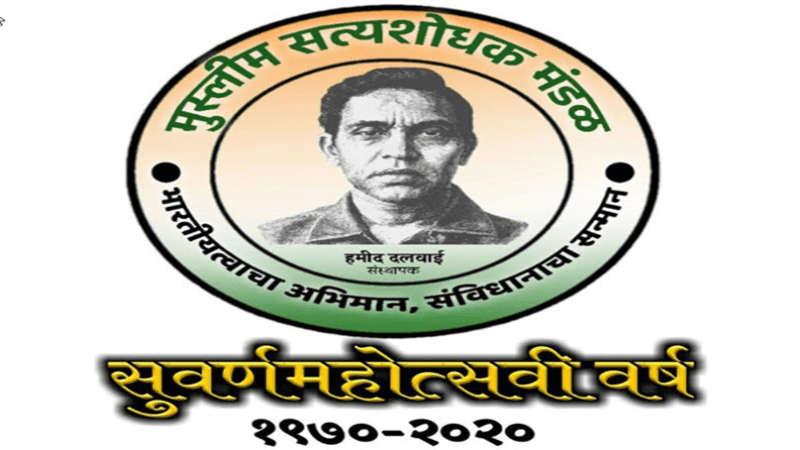

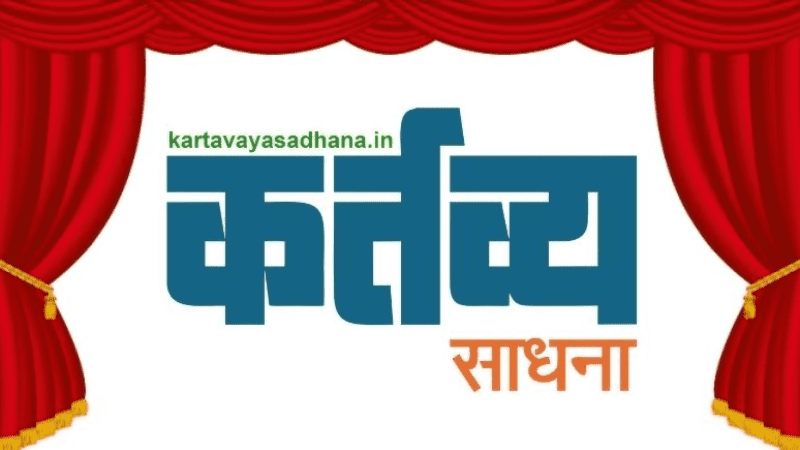
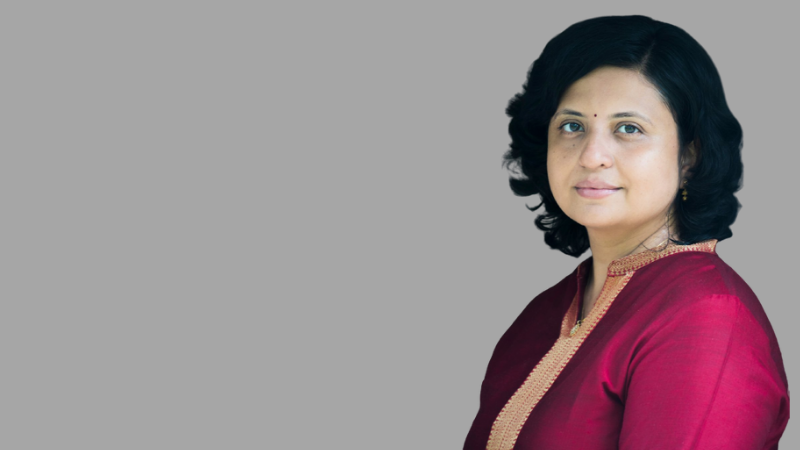
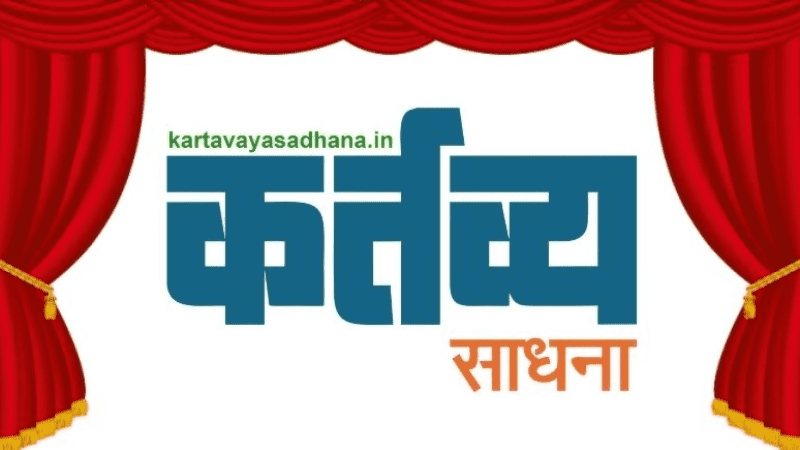
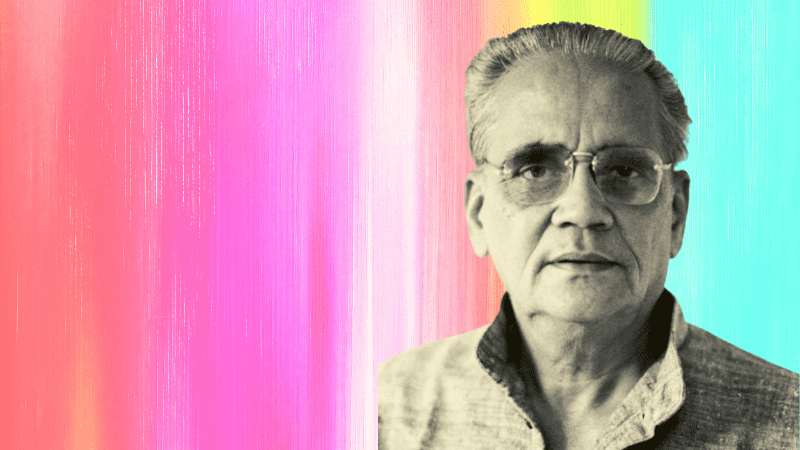
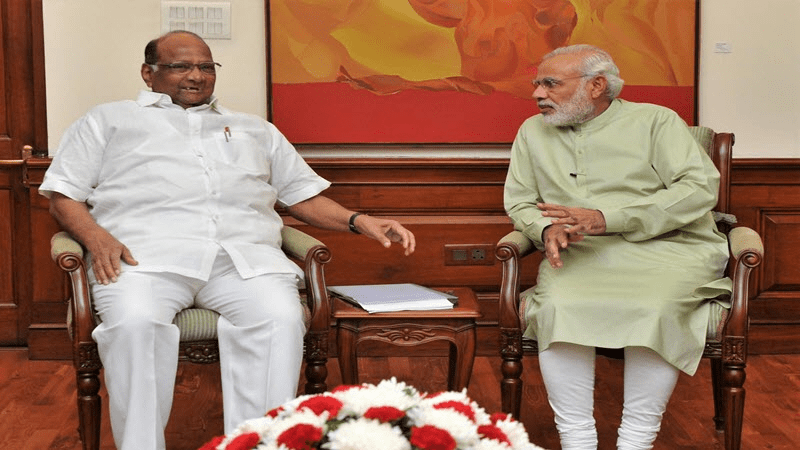
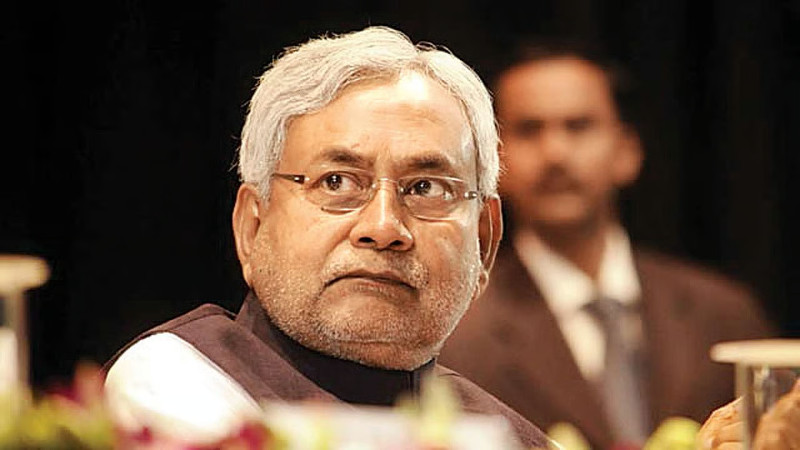


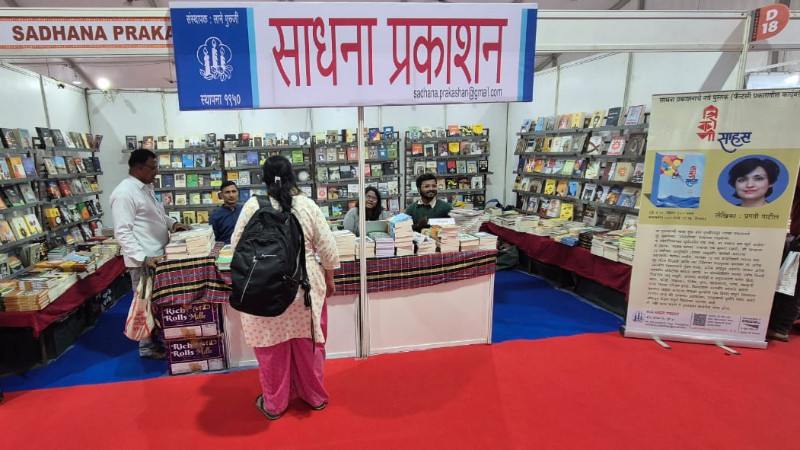
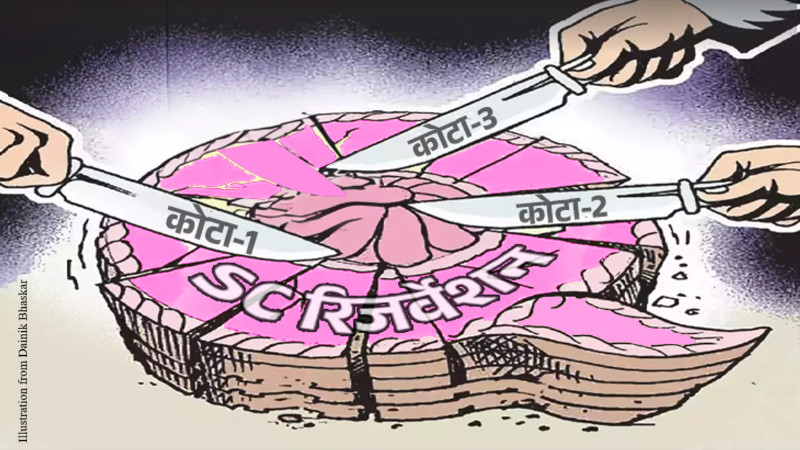
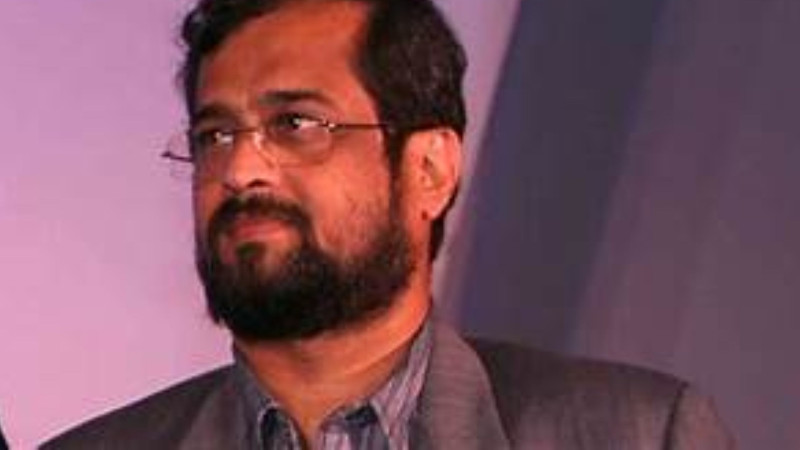
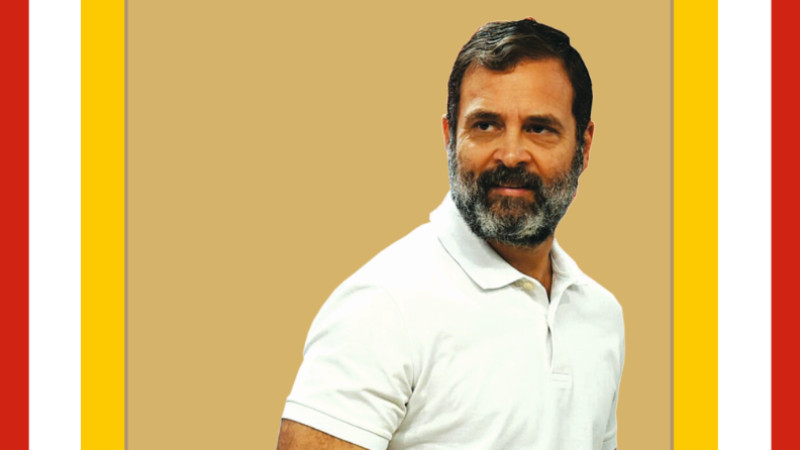
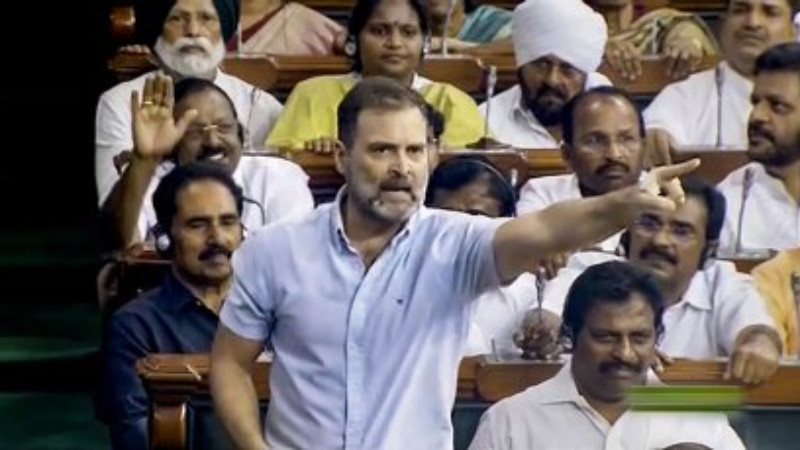

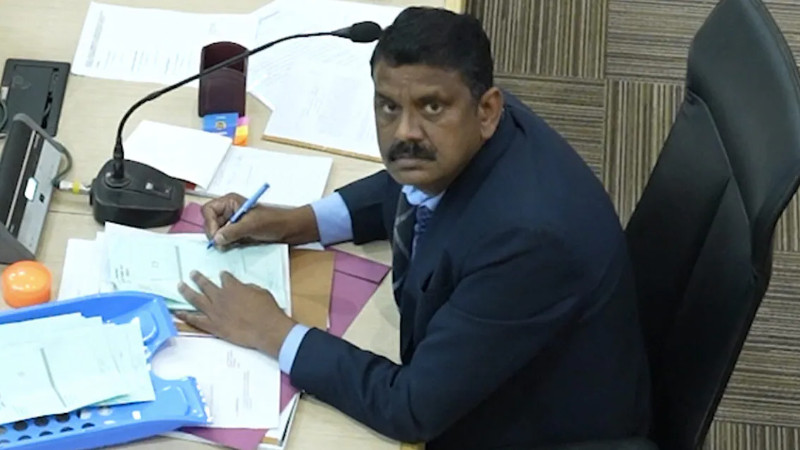
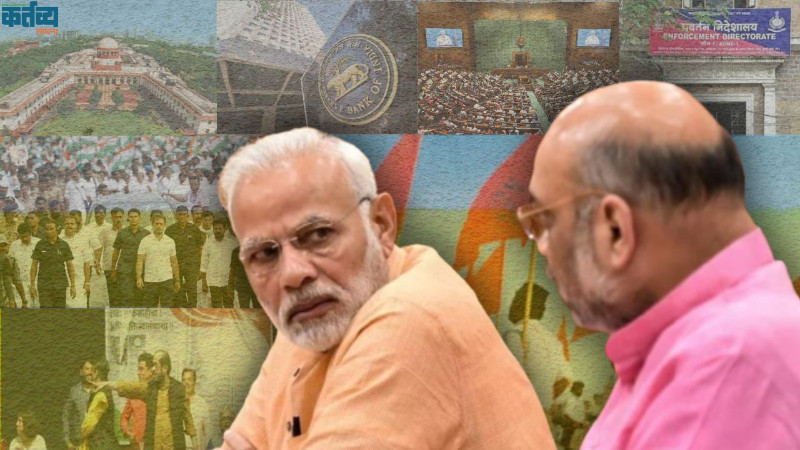
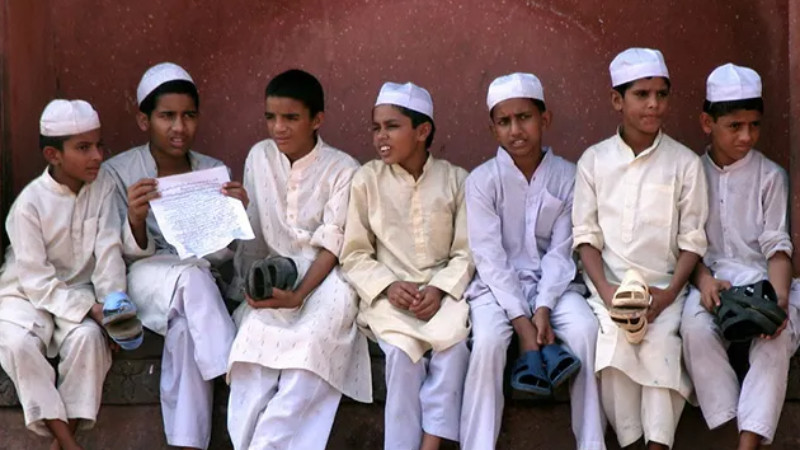
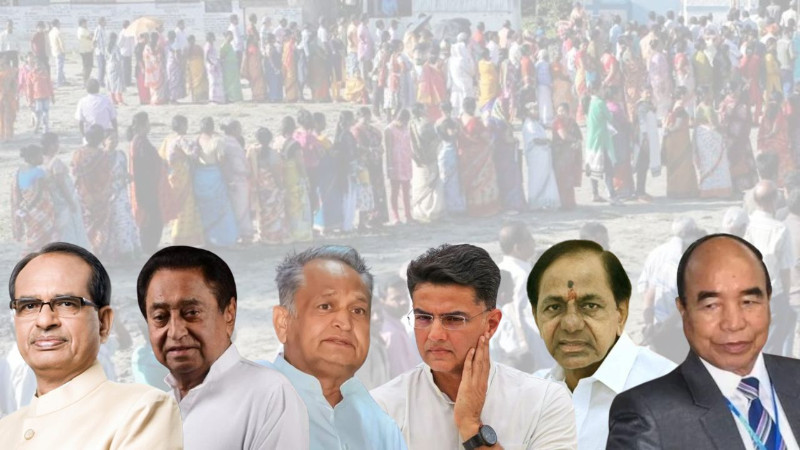
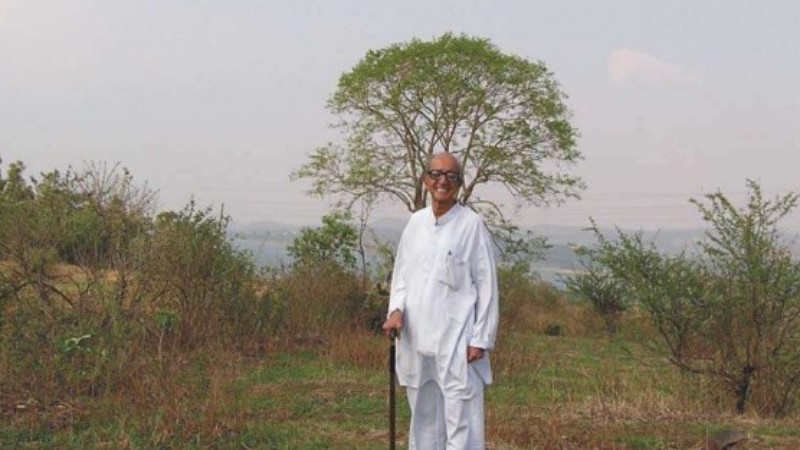
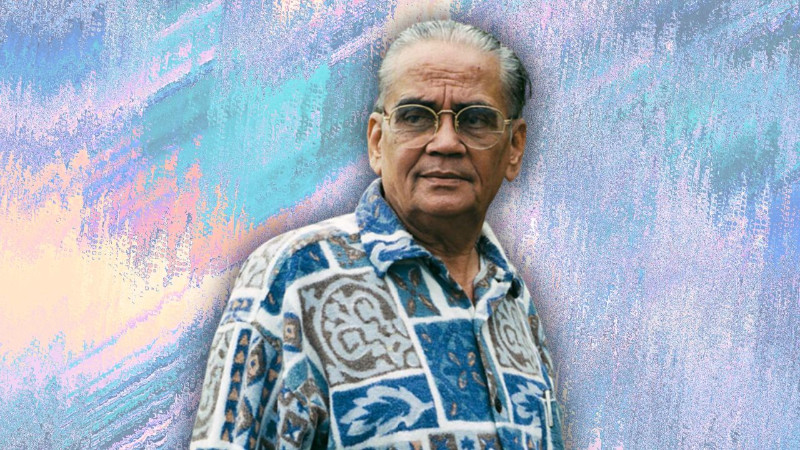
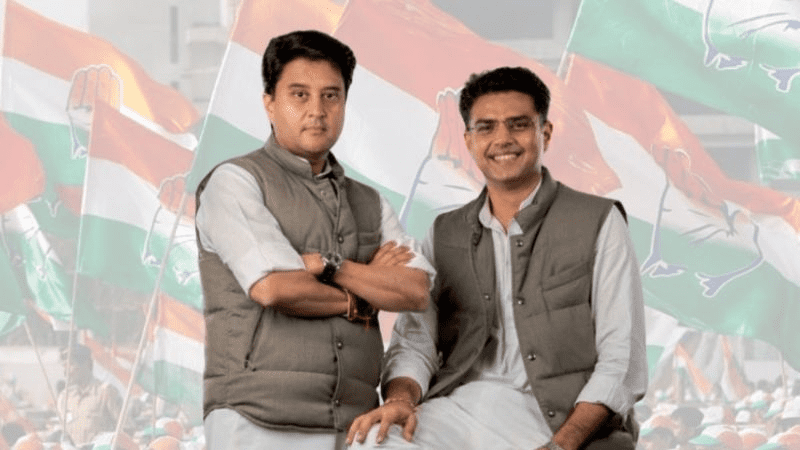
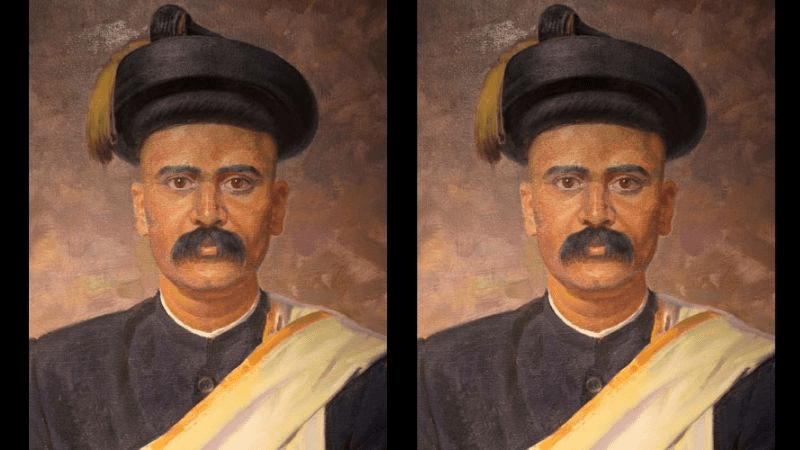


























Add Comment